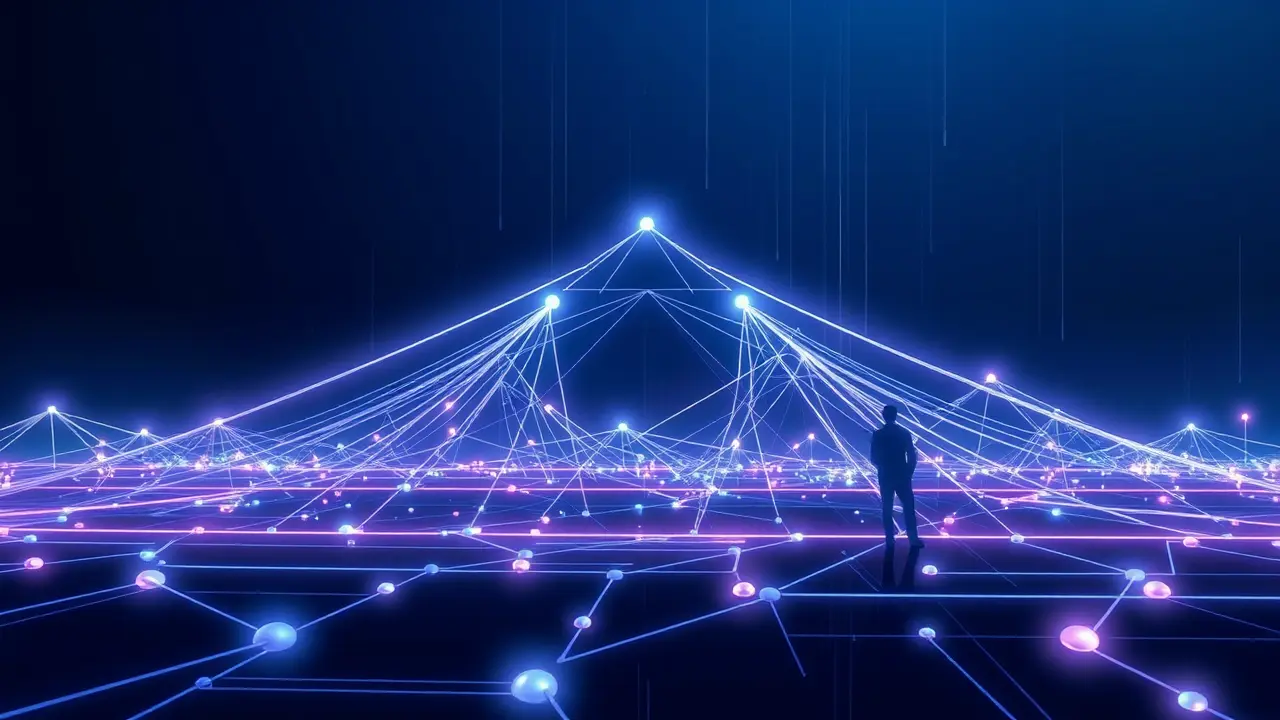
AIai safety & ethicsAI Impact on Jobs
The Impact of AI on the Future of the Firm
DA
Daniel Reed
19 hours ago7 min read
For centuries, the fundamental architecture of the firm has served as the primary engine of economic life, a hierarchical structure meticulously designed to translate human labor into tangible value through established routines and clear chains of command. This model, a cornerstone of modern capitalism, is now facing its most profound challenge not from market forces or regulatory shifts, but from within its own operational core: the rise of agentic AI.We are witnessing the nascent stages of a paradigm shift where artificial intelligence is beginning to perform the quintessentially managerial work of coordination, resource allocation, and complex decision-making. This isn't merely about automating clerical tasks; it's about automating the coordinator, the middle manager, the strategic planner.Imagine an AI system that doesn't just compile reports but analyzes market fluctuations in real-time, reallocates capital across departments without human intervention, and negotiates contracts with supply chain partners—all while optimizing for efficiency metrics beyond human comprehension. The implications are staggering, suggesting a future where the traditional, pyramidal firm could give way to flatter, more dynamic, and potentially ephemeral organizational entities.This evolution echoes past industrial revolutions but operates at an accelerated, cognitive level. The spinning jenny mechanized manual labor; agentic AI mechanizes intellectual oversight.To understand the potential end-states, one must look to academic pioneers like Ronald Coase and his theory of the firm, which posits that companies exist to minimize transaction costs. AI fundamentally alters this calculus.If the cost of coordinating an activity externally, through a market, falls below the cost of managing it internally because an AI can handle the complexity seamlessly, then the very rationale for large, integrated corporations diminishes. We might see the proliferation of 'holacracy-on-steroids' or project-based 'flash organizations' that coalesce and dissolve around specific objectives, all orchestrated by intelligent agents.This is not a distant sci-fi scenario; research labs and forward-thinking corporations are already deploying multi-agent systems where AIs collaborate and compete to solve problems, a glimpse into a future corporate structure that resembles a constantly evolving neural network more than a static org chart. However, this transition is fraught with profound questions.What becomes of human leadership, mentorship, and corporate culture when the 'boss' is an algorithm? How do we instill ethics and accountability into systems that may operate with a logic opaque to their human creators? The path forward is not predetermined. It will be shaped by our choices in AI governance, regulatory frameworks, and a renewed focus on the uniquely human skills—creativity, empathy, and ethical reasoning—that will define our role alongside our algorithmic counterparts in the economy of tomorrow.
#featured
#agentic AI
#economic organization
#firms
#management
#automation
#capitalism
#labor
Stay Informed. Act Smarter.
Get weekly highlights, major headlines, and expert insights — then put your knowledge to work in our live prediction markets.
© 2025 Outpoll Service LTD. All rights reserved.